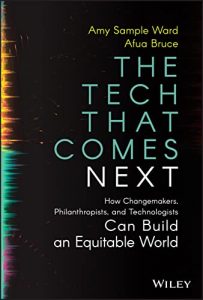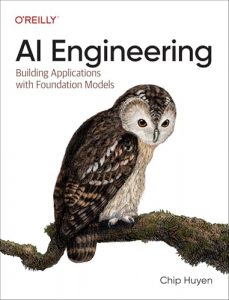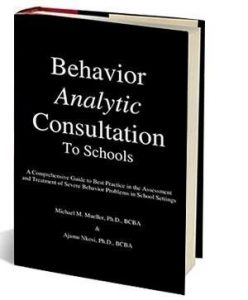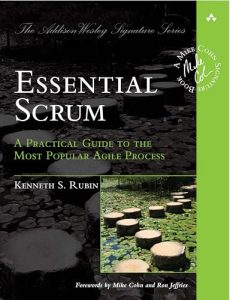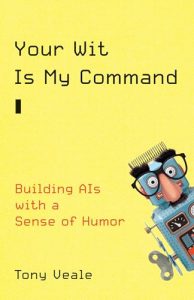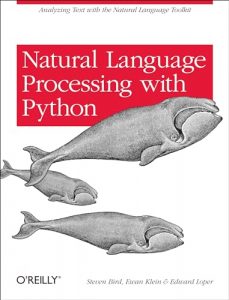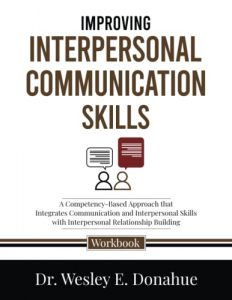Understanding the Importance of Ethical AI
As artificial intelligence continues to permeate various sectors of our daily lives, the importance of ethical practices in its development and implementation has never been more pressing. The rise of AI technologies brings a myriad of opportunities for innovation and efficiency, but it also raises significant questions about privacy, accountability, and social responsibility. With the growing influence of AI on business practices and consumer behavior, understanding the ethical implications can help brands navigate the complex landscape of consumer trust and social responsibility.
This blog post presents a curated selection of insightful books that delve into the subject of ethical AI. Each title not only enhances your understanding of the principles and guidelines that govern responsible AI but also equips you with the knowledge to cultivate trust and ensure sustainable growth within your organization.
Featured Books on Ethical AI
1. Ethical AI in Marketing: Aligning Growth, Responsibility and Customer Trust
This book explores the intricate balance between leveraging artificial intelligence for marketing and maintaining a standard of ethical responsibility. Authored by esteemed experts, it provides a roadmap for businesses looking to implement AI strategies that prioritize customer trust and ethical practices. The discussions cover a range of topics, such as the responsibility marketers hold in using AI tools, understanding consumer concerns, and aligning business goals with social ethics. This book is essential for marketers who aim to build sustainable brands while navigating the AI landscape.
2. Ethical AI: Navigating the Future With Responsible Artificial Intelligence
In this captivating read, the author takes you on a journey through the fundamental principles of ethical AI. This book is crucial for understanding the implications of AI technologies and emphasizes the need for responsible governance in AI development. It underscores the necessity of incorporating ethics into the design and deployment of AI solutions, making it a must-have for stakeholders involved in AI projects across various industries.
3. AI Ethics (The MIT Press Essential Knowledge series)
This groundbreaking book lays the foundation for ethical considerations in AI technologies. It provides a comprehensive overview of the ethical dilemmas posed by AI and introduces essential frameworks designed to guide practitioners in their decision-making processes. Its concise and insightful approach makes it a valuable tool for both professionals and students interested in AI ethics.
4. AI Ethics: Status of the Present, Ethical Dilemmas, and Frameworks for the Practical Mind
Addressing the current state of AI, this book discusses its ethical challenges and proposes frameworks designed for practical application. Aimed at both academic and business professionals, it sheds light on the pressing ethical issues that arise in the field of AI, supporting readers in developing their ethical competencies in technology deployment.
5. Navigating Ethical Leadership in the Age of AI: The Ethic Pocketknife
This guide illustrates the essential qualities of ethical leadership in today’s AI-driven environment. It emphasizes the significance of fostering an ethical culture within organizations to promote responsible AI practices. For leaders aiming to integrate ethical considerations into their governance and operations, this book is a fundamental resource.
6. Ethical Machines: Your Concise Guide to Totally Unbiased, Transparent, and Respectful AI
This book is a critical read for anyone interested in fostering unbiased and respectful AI technologies. It provides practical insights into how organizations can build AI systems that prioritize transparency and fairness, reassuring consumers and stakeholders alike about the ethical commitment of businesses.
7. AI Assurance: Towards Trustworthy, Explainable, Safe, and Ethical AI
This advanced text discusses the critical need for trustworthy AI. It is a detailed examination of current trends in AI and offers frameworks for ensuring that AI systems are safe, reliable, and ethical. As industries increasingly rely on AI, this book serves as a guide for implementing robust assurance processes.
8. Ethical Intelligence in AI: The Need for Unification of Global Governance
Presenting an essential discussion on the global implications of AI development, this book articulates the need for unified governance frameworks to address ethical standards across borders. As AI technologies become ubiquitous, understanding their international regulatory contexts is vital for responsible innovation.
9. Ethical Worldbuilding with AI
This unique title explores the intersection of creativity and ethics in the world of AI-generated content. It challenges writers and content creators to consider the ethical dimensions of their work, offering a perspective on how to integrate responsible practices into storytelling and world-building.
10. Ethical Dimensions of AI Development
This comprehensive work dives deep into the ethical challenges presented by AI development. It discusses the complexities of ethical decision-making in AI projects, providing practitioners with critical tools and insights needed for responsible AI innovation.














